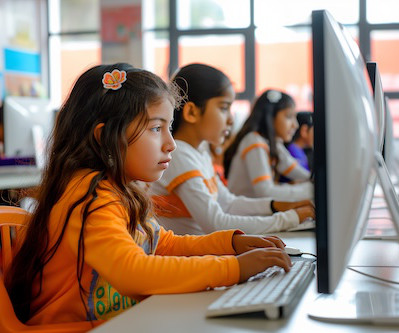Is generative AI a beacon for more accessible education?
eSchool News
NOVEMBER 20, 2023
Of the respondents who reported they have not used AI in the classroom, 65 percent cite a lack of familiarity as the primary obstacle to the future utilization of generative AI, with 48 percent also expressing ethical concerns. “Learning is above all a human endeavor. “Generative AI is a blend of promise and prudence.












Let's personalize your content